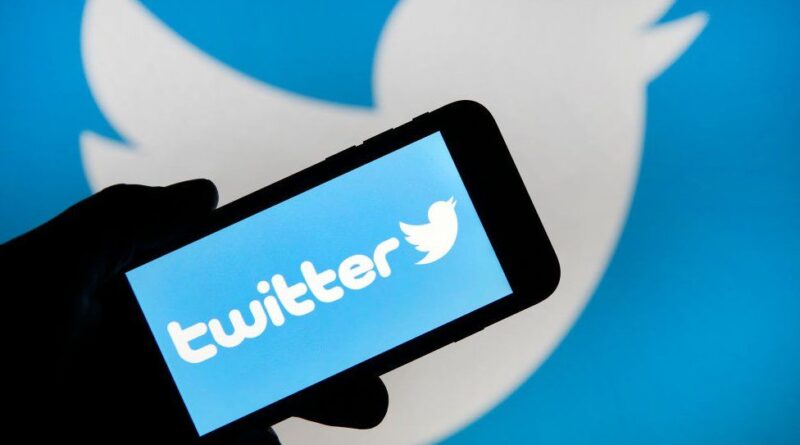USER-GENERATED CONTENT CAUSES TWITTER TO LOSE IMMUNITY IN INDIA
The Indian government has filed a case against Twitter in a High Court in New Delhi over non-compliance to the provisions of the new IT Act on user-generated content.
The law became effective at the end of May 2021, and aims at regulating content on social media, demanding that the companies respond to legal requests for removal of posts deemed inappropriate. By the law the companies share details with government on the originators of such messages.
The case stems from a complain by a Twitter user in India to the country’s Ministry of Information Technology over alleged defamatory tweets on the micro-blogging site. By the 5 July 2021 filing, Twitter loses its immunity over user-generated contents.
Meanwhile,Indian police in pursuit of compliance filed atleast five cases against the company or its officials, on matters relating to child pornography and a controversial map of India on Twitter’s career page.
The child pornography case is triggered by a letter written by India’s National Commission for Protection of Child Rights to police, complaining of online threats against a minor girl. The commission finds Twitter culpable for allowing a pornographic video of the child on its platform.
In the filing about the map, the police in the states of Uttar Pradesh and Madhya Pradesh frown at the showing of Jammu and Kashmir, claimed by both India and Pakistan, as well as the Buddhist enclave of Ladakh, outside India.
With India and more countries tightening nooses on social media firms, one wonders if Twitter, an American firm finds it difficult doing business in a stringent regulatory environment? However, what is clear is that these are cases amplifying Twitter’s troubles in India.
Let’s look at the new law:
The Indian government led by Prime Minister Narendra Modi, on 25 February 2021, announces new rules to regulate content on Facebook, Twitter, WhatsApp and other social media platforms.
The rules known as the Intermediary Guidelines and Digital Media Ethics Code, make media firms submit to legal requests for swift removal of posts and sharing details on the originators of messages. The media firms are obliged to remove content within 36 hours of receiving a legal order.
The government makes it compulsory for companies to assist in probes or other cyber security-related incidents within 72 hours of receiving a request. They must also within a day disable any post depicting an individual in a sexual act or conduct.
They are required to set up a grievance redressal mechanism and appoint new executives to coordinate with law enforcement. This means appointing a chief compliance officer, a grievance officer and another executive to liaise with law enforcement and the government on legal requests.
India’s rules also require video-streaming platforms like Netflix and Amazon’s Prime Video to classify content into five categories based on users’ age.
Online news media will also be regulated as part of the new rules, with the ministry of information and broadcasting creating an oversight system.
The rules come after Twitter ignored government request to remove contents it claimed were fanning massive farmers’ protests in India, the largest market by users for both Facebook and its messenger service WhatsApp.




